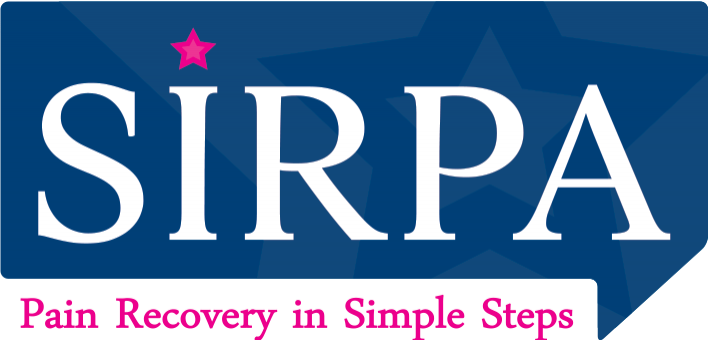Pain is your body’s alarm system. It’s meant to protect you—grabbing your attention when something might be wrong. We all know the pain of a paper cut or a broken bone. In those cases, the body sends signals to the brain to help us rest and heal.
But what happens when pain doesn’t go away? Or when it shows up without a clear injury?
Chronic pain simply means pain that lasts longer than expected. Unlike short-term pain, it can feel confusing and exhausting. There’s often no clear timeline for recovery, which can make it hard to stay hopeful or make plans.
For a long time, treatment focused on managing symptoms, assuming pain always reflected tissue damage. But we now understand that pain is more complex. It’s not just about the body—it’s also about how the brain interprets threat.
Pain is created by the brain. Even after the body has healed, the brain can continue to send pain signals if it still senses danger. This kind of pain is called primary pain, also known as neuroplastic pain or TMS. It’s not caused by ongoing injury, but by changes in the brain and nervous system.
And here’s the hopeful part: primary pain is treatable.
It’s not just pain, either. The brain can also create other sensations—like fatigue, dizziness, numbness, or pins and needles—as part of its alarm system. These symptoms can also be addressed and improved.
Our understanding of pain is evolving. Research shows that the brain can “unlearn” pain through education, movement, and therapies that retrain the nervous system. Many people have recovered from long-term pain once they understood how it works and got the right support.
There’s a growing body of research showing that chronic pain can be treated effectively—especially when we look beyond the physical body and consider the mind-body connection.
It’s estimated that over 40% of conditions seen in GP surgeries are mind-body disorders, yet this approach is rarely discussed. While awareness of mental health is increasing, it’s still not commonly linked to physical conditions like migraines, low back pain, IBS, or autoimmune disorders.
But here’s the key insight: your thoughts, emotions, and nervous system responses are deeply connected to how your body feels. Understanding this relationship helps us see how physical symptoms can arise from emotional stress, past experiences, or patterns of thinking.
The first step toward healing is understanding the nature of chronic primary symptoms. If you’re curious about resolving your pain or other persistent symptoms, we invite you to explore our resources.
At Physis, we offer specialist coaching to guide you through recovery using a mind-body approach. This kind of support isn’t typically available through the NHS, but it can be life-changing. Some people find relief simply by learning about the root causes of their pain. Others may need more time and professional input—but recovery is possible.
You can choose to work through free resources on your own, or partner with us for personalised coaching. The journey isn’t always easy, but it works—and we’re here to help.
We use evidence-based therapies including:
We’re proud to be affiliated with leading organisations in this field, including PPDA, ATNS, and SIRPA.
As an affiliated clinic to SIRPA you can work with us and go through an online chronic pain recovery programme, or just do this on your own. You can access the SIRPA recovery programme here:

If you are interested in a 1-2-1 consultation for your chronic pain please let us know by emailing us on [email protected] or phoning 0131 478 4646.
These services are available at our Trinity and Westwood Edinburgh Physiotherapy clinics or on-line.